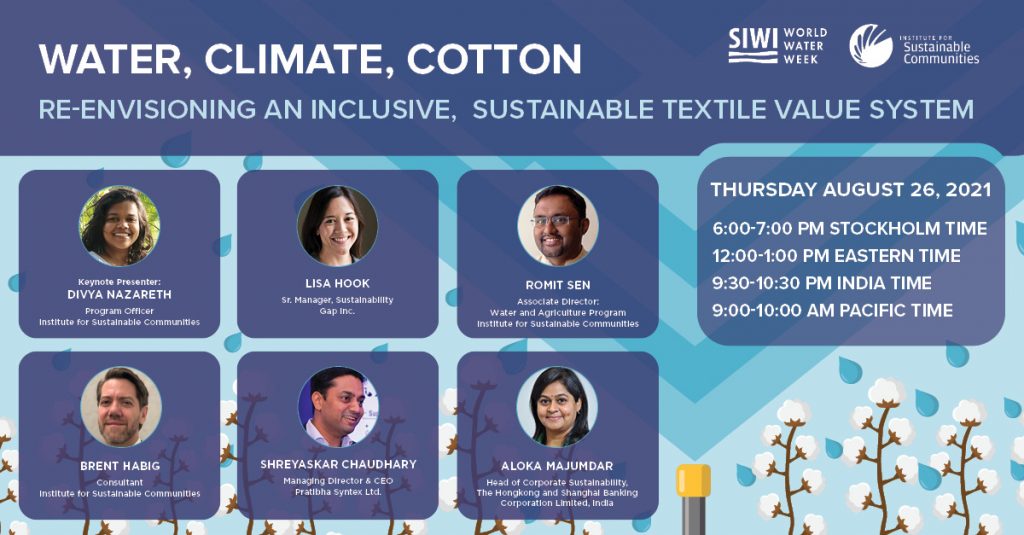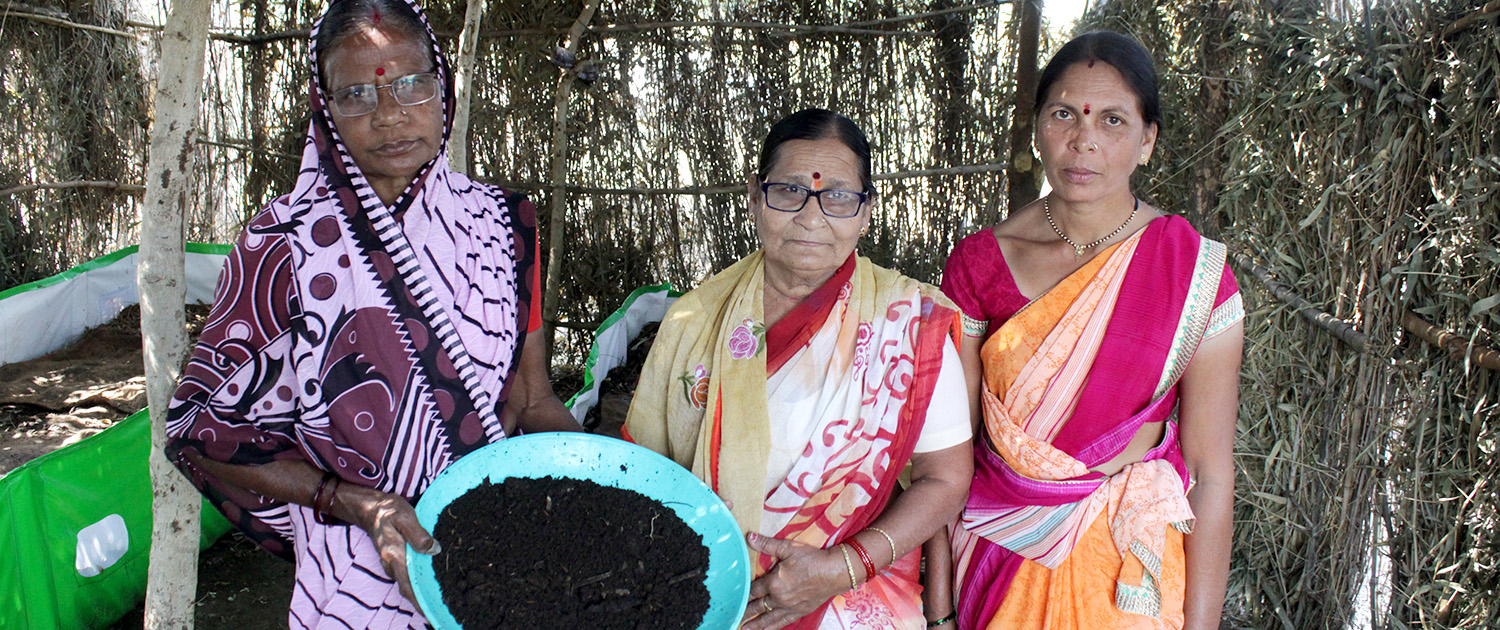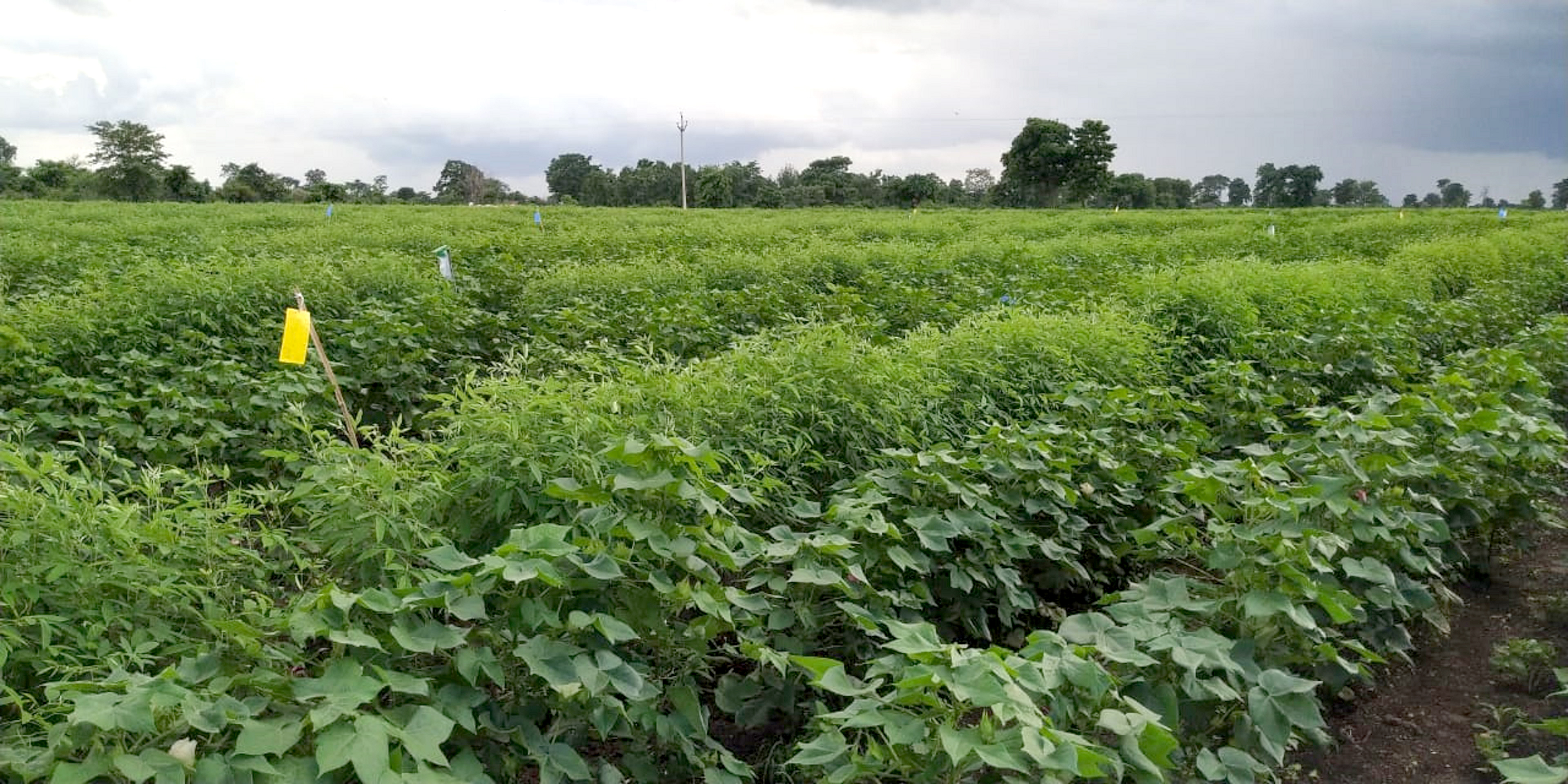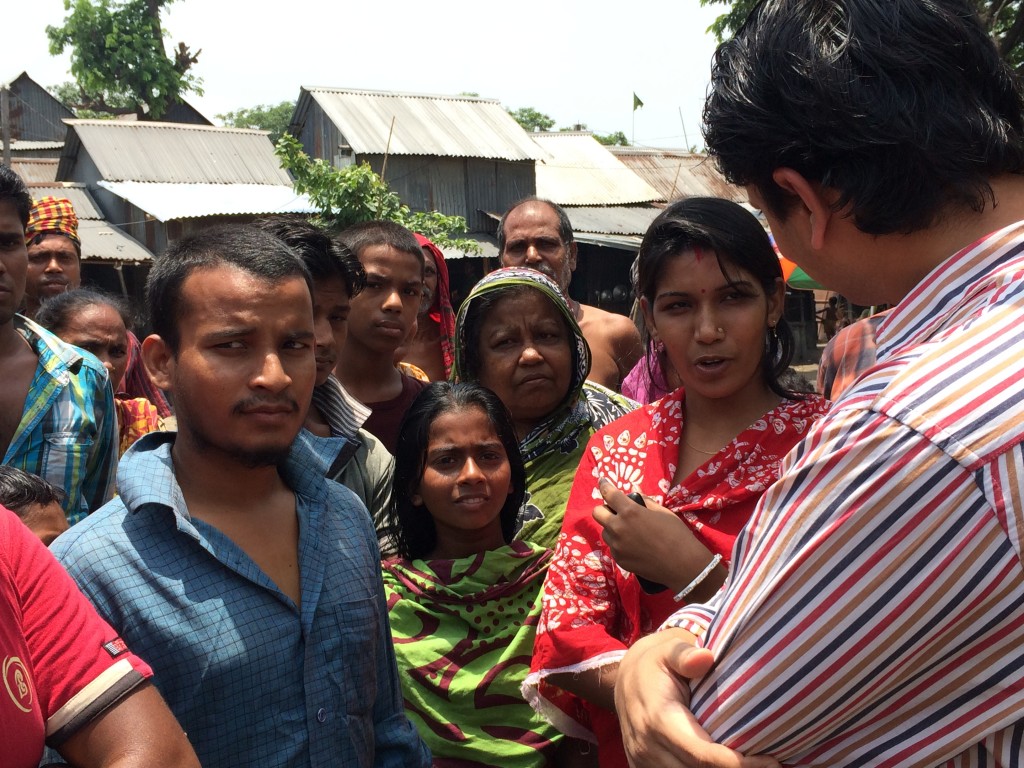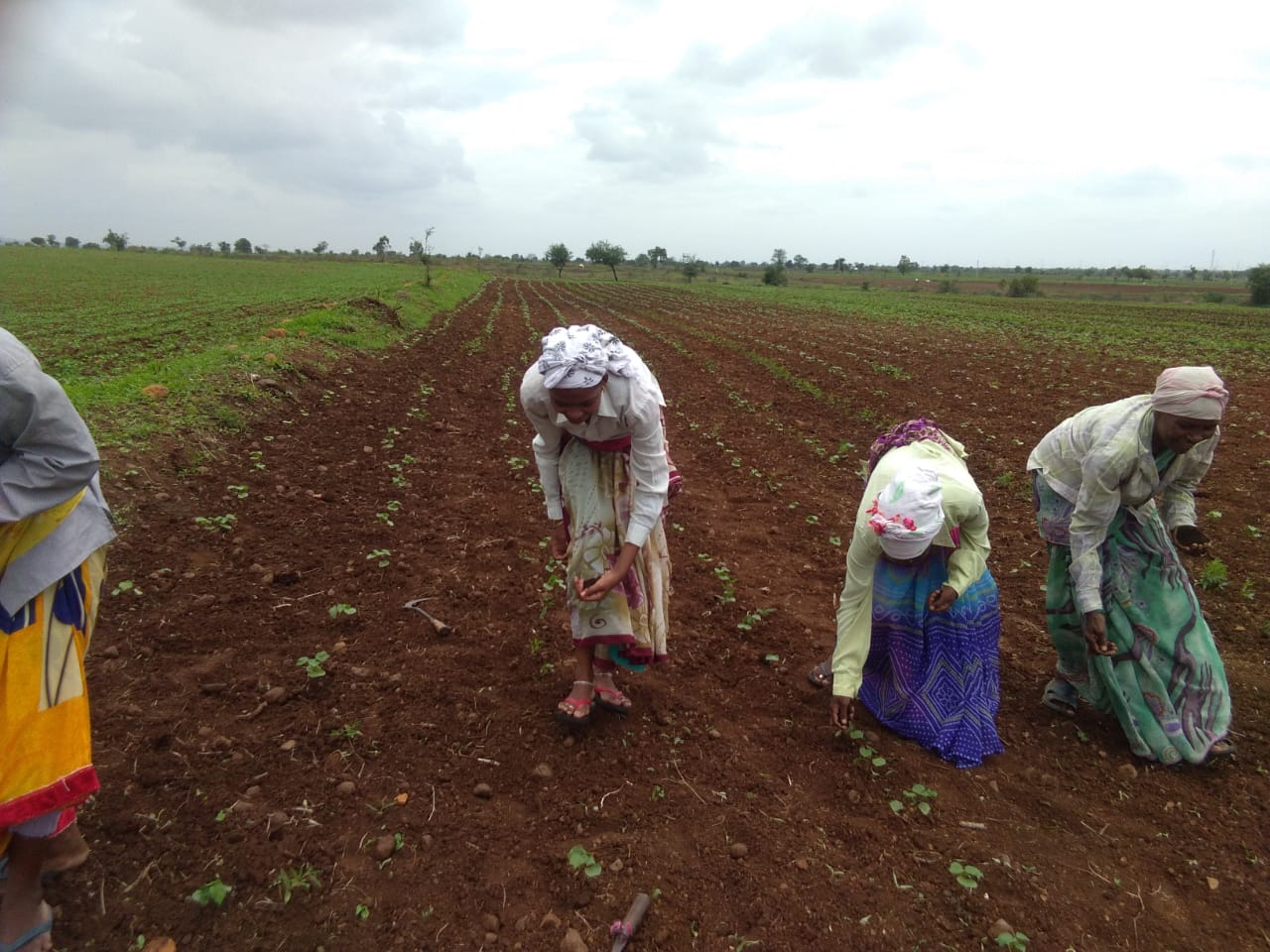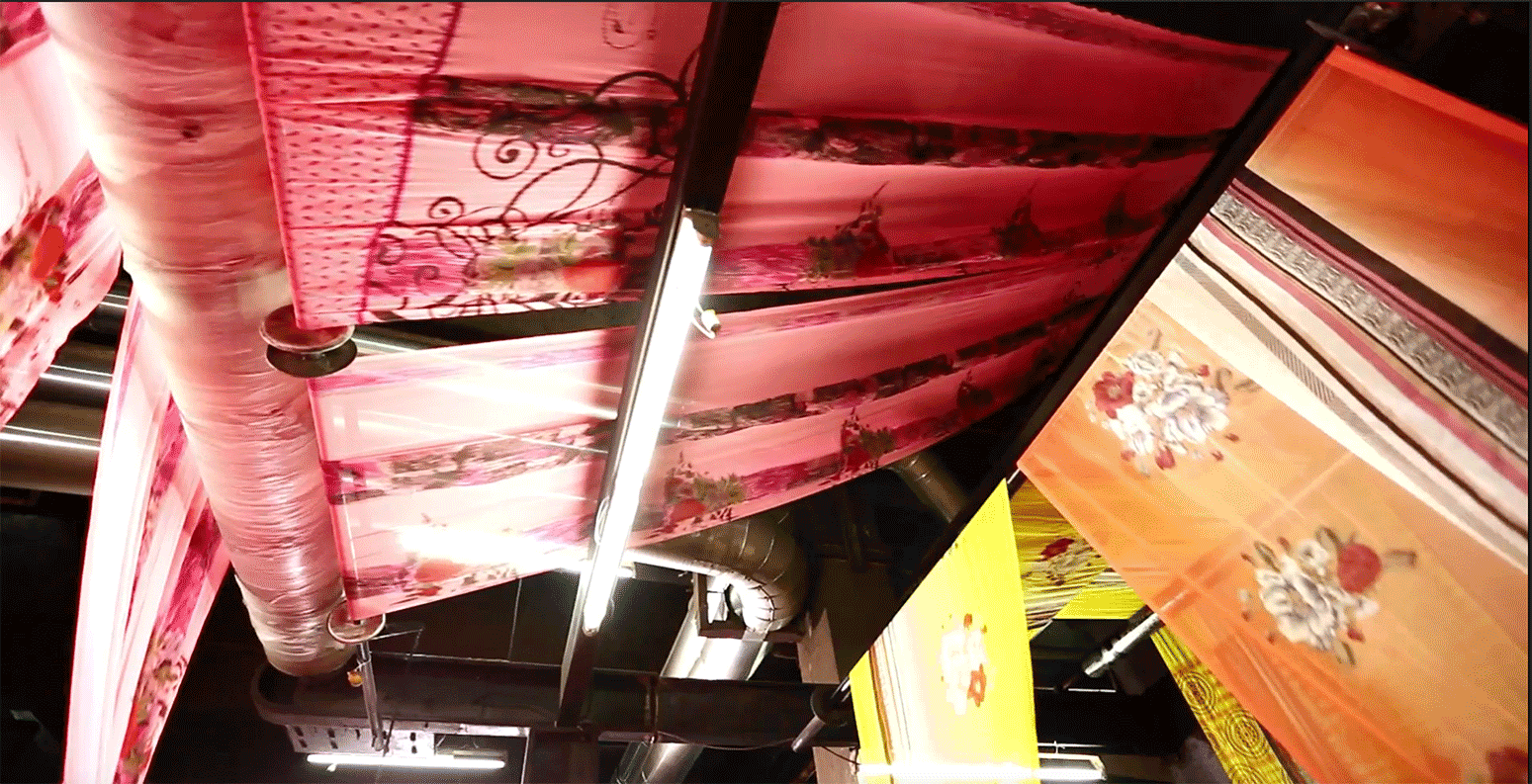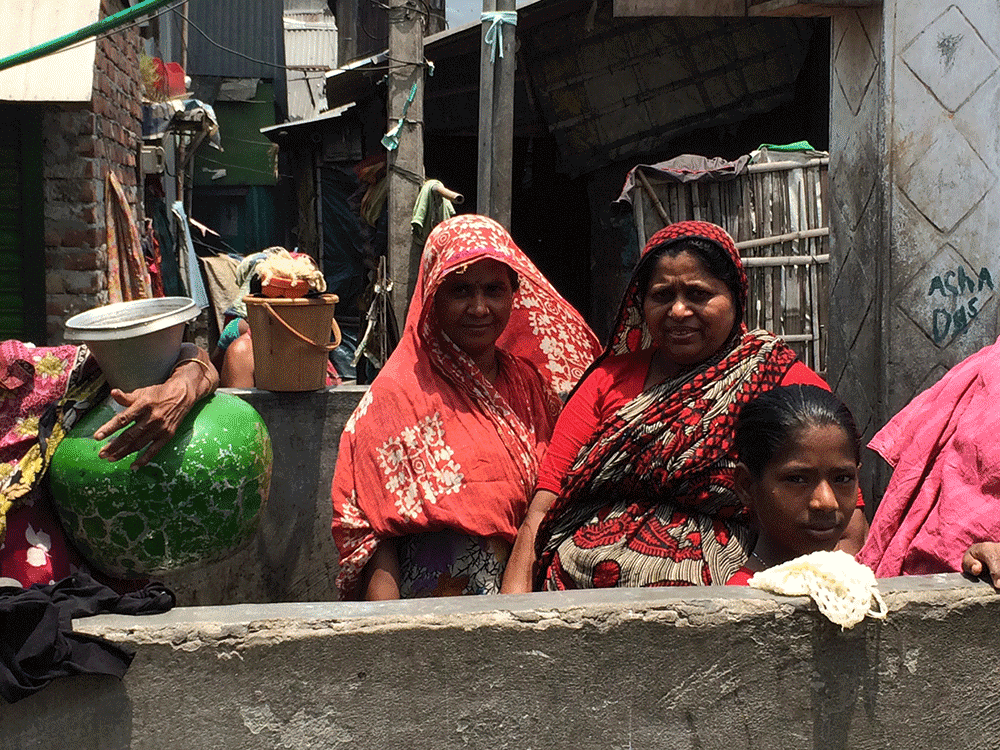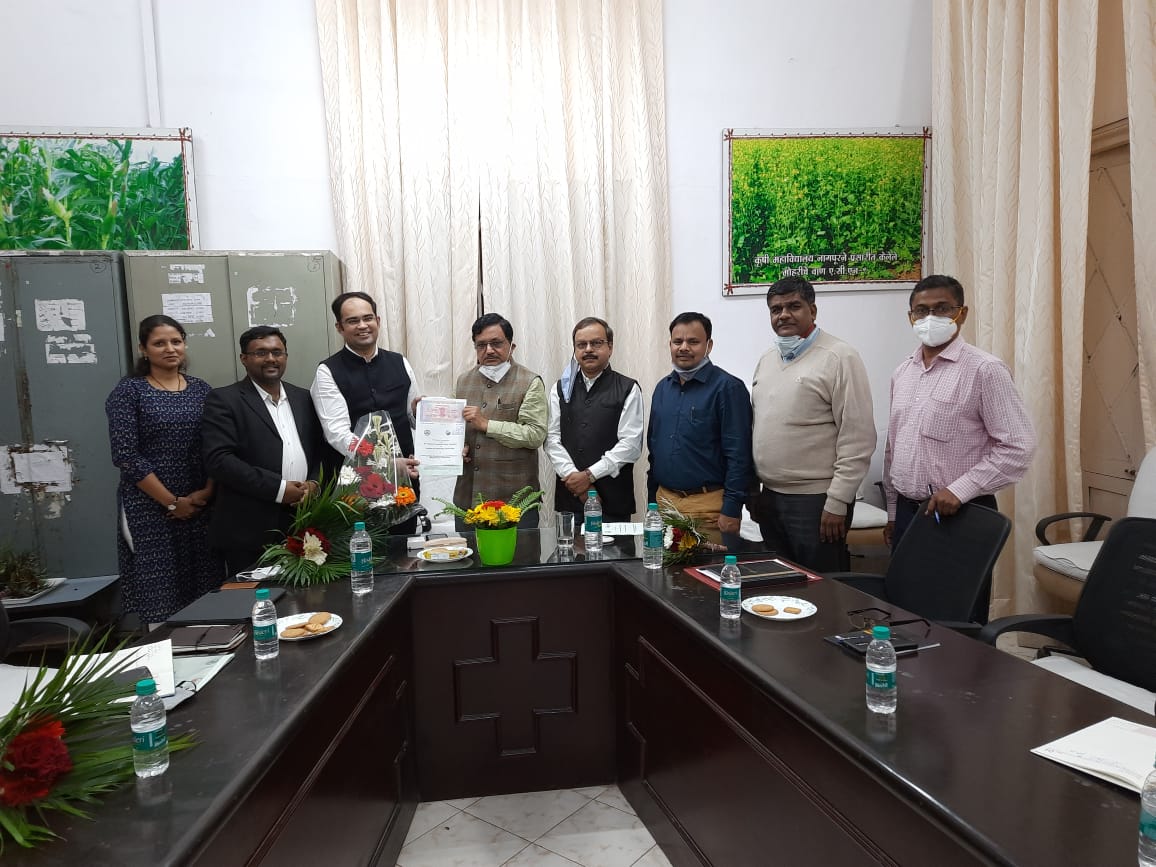Women + Water Alliance
Access to clean water is essential for community health and well-being, yet in India more than half the population faces high to extremely high water stress. India is in the midst of a growing water crisis exacerbated by mismanagement and unsustainable use of water and the Indian apparel industry — one of the largest and most intensive users of water — has a critical role to play as a steward for this resource.
Spearheaded by the United States Agency for International Development (USAID) and Gap Inc., a global apparel retailer that sources products from about 800 facilities in 30 countries, the Women+Water Alliance (W+W Alliance) is a public-private partnership that aims to improve the health and well-being of women and communities touched by the apparel value chain. The W+W Alliance focuses on changing how water is managed sustainably, as a shared, public resource across the apparel value chain – from communities in cotton growing regions to those surrounding fabric mill producers and garment factories.
The W+W Alliance will unlock the potential of women in communities touched by the global apparel industry by bringing together civil society, private sector, government, and USAID to leverage expertise, resources and innovative approaches to address water challenges in India.
ISC joins CARE, Water.org, the International Center for Research on Women (ICRW) and Institute for Development Impact (I4DI) as an implementing partner in this critical work.

Contact
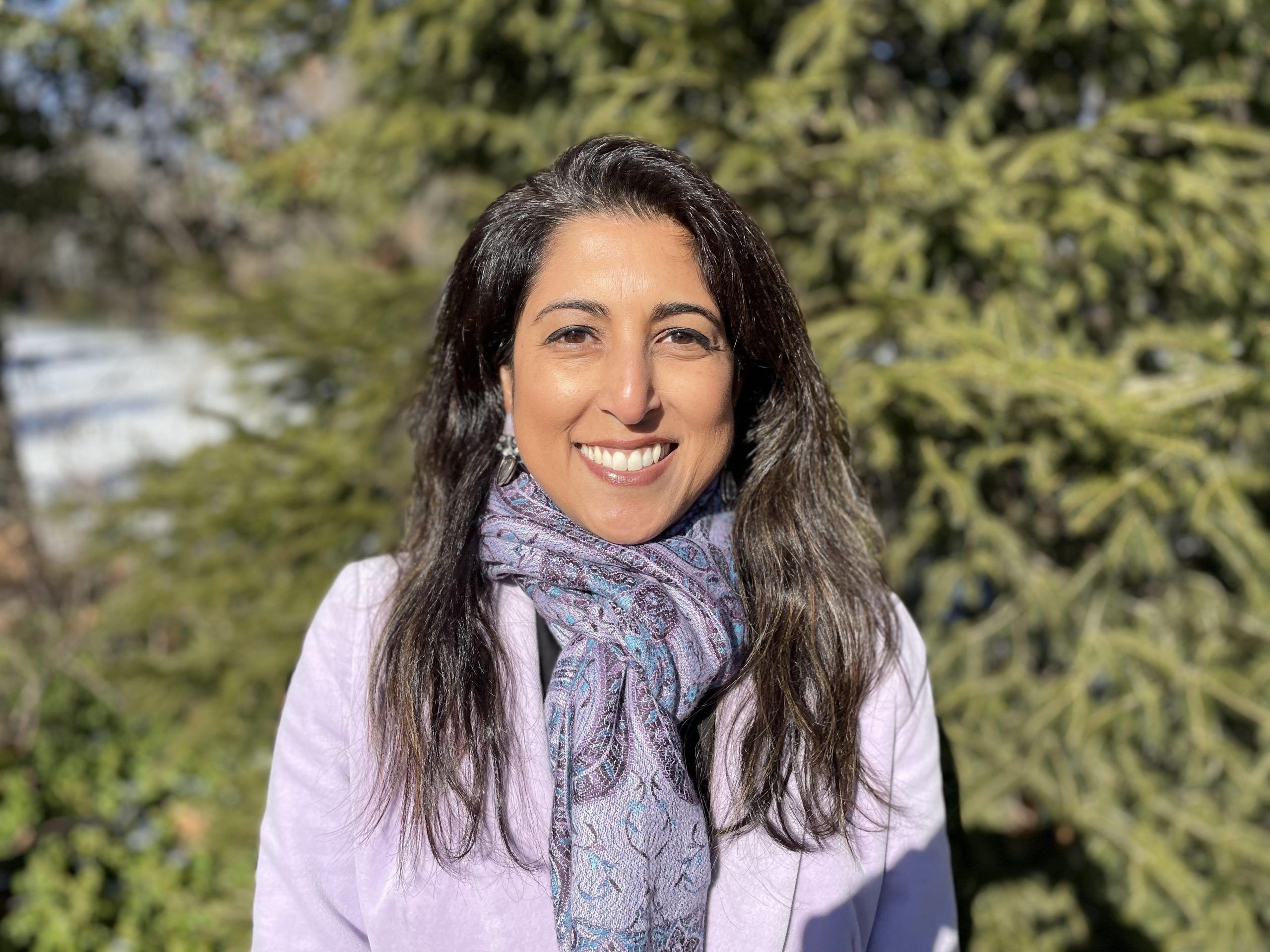
Related Themes
Our Work

Building a timely discourse and action framework to effectively address the emerging challenges that are at the intersection of water, environment and community resilience, we at the Institute for Sustainable Communities (ISC) in collaboration with Tarun Bharat Sangh (TBS) have initiated a new 6-part dialogue series titled ‘Water and Livelihood Security: The Foundation to Make India Atmanirbhar.’
The series will bring together practitioners, representatives from government, civil society, academia and communities to discuss, ideate and share experiences on enhancing and improving water and livelihood security in India.
In India, nearly 600 million people each year are affected by water shortage. Due to the rising effects of climate change, approximately 50% of the population will not have access to clean water by 2030. This is alarming. But there’s hope when communities come together to address life-threatening issues as a result of climate change.
The Institute for Sustainable Communities is working to promote water stewardship amongst cotton growing farmers in Maharashtra and Madhya Pradesh as part of the USAID- Gap Inc supported Women + Water Alliance. Engaging over 3000 farmers across the region, ISC and implementation partners are reducing the environmental footprint of cotton cultivation, enhancing the sustainability of water resources and empowering women to enhance their role in sustainable farming.
Madhya Pradesh as part of the USAID- Gap Inc supported Women + Water Alliance. Engaging over 3000 farmers across the region, ISC and implementation partners are reducing the environmental footprint of cotton cultivation, enhancing the sustainability of water resources and empowering women to enhance their role in sustainable farming.
For the past two years, the Institute has joined leaders from around the world at the Stockholm International Water Institute’s World Water Week to find solutions to the world’s greatest water-related challenges.
For the Institute, our focus lies on supporting a safer, more equitable and more sustainable textile manufacturing industry in South and Southeast Asia.
